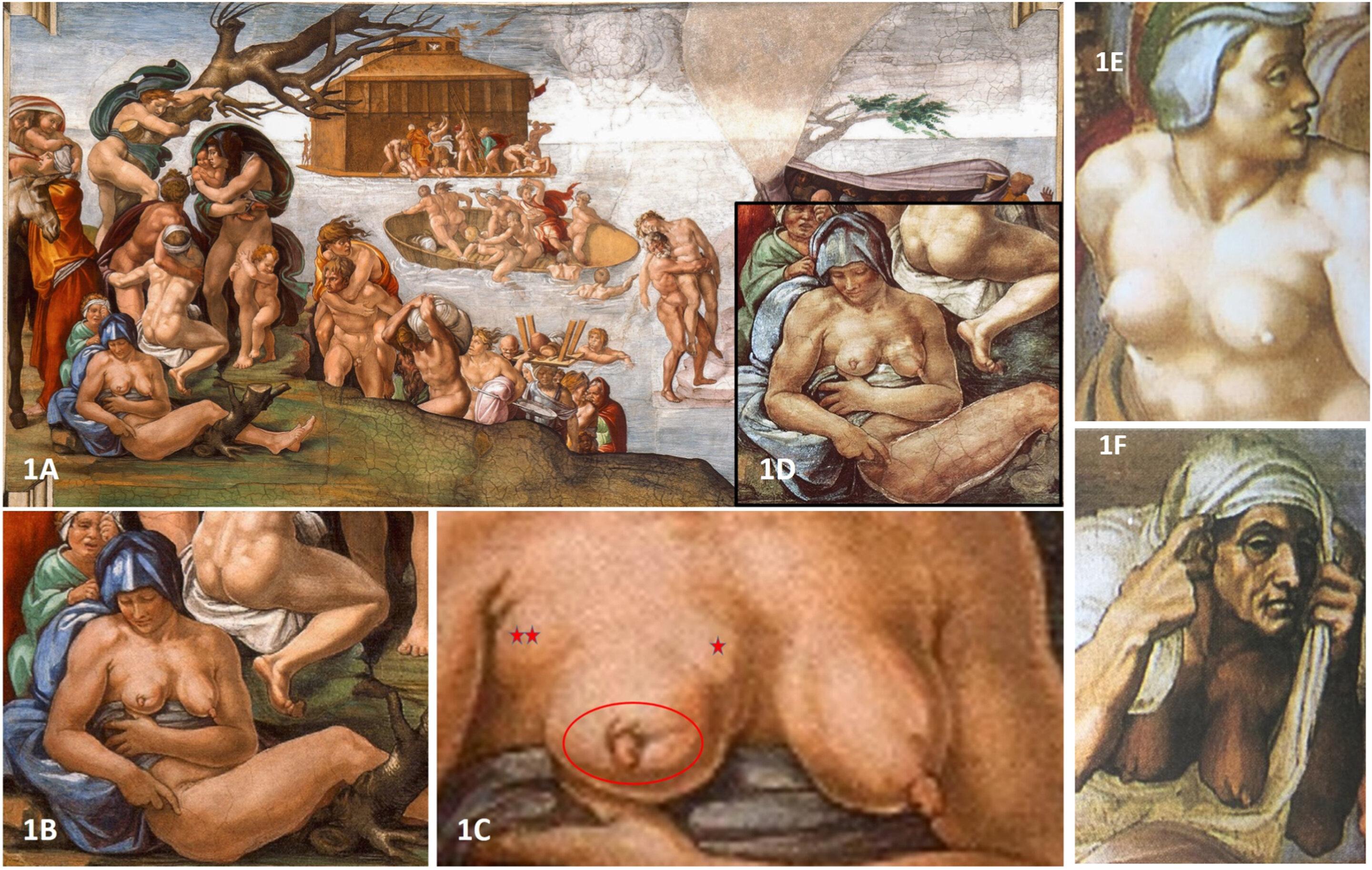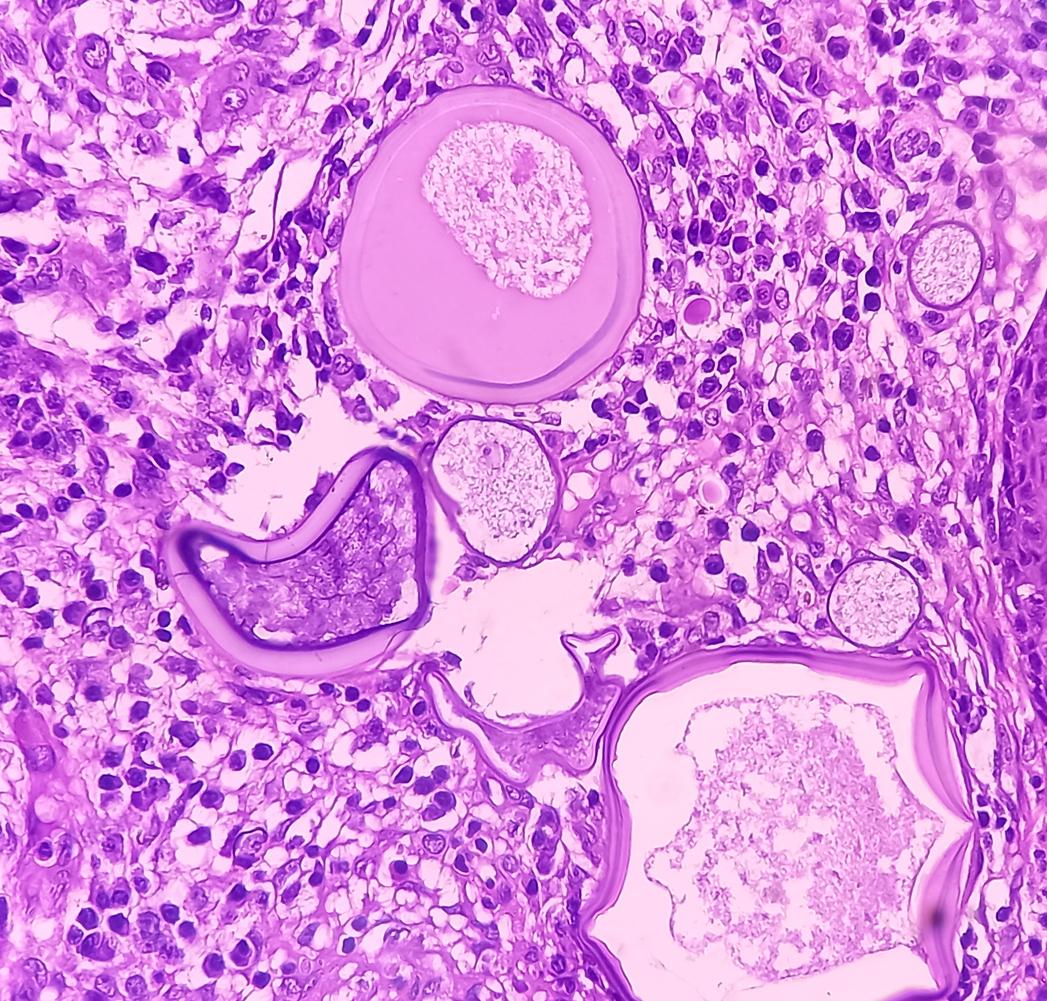Inserm researchers have discovered that cancer cells are able to bypass the immune system to spread better.

- The French researchers analyzed lymph nodes invaded and others not invaded by cancerous cells.
- They shed light on the role of regulatory T cells (LTreg).
When a woman has breast cancer, the tumor can spread through the body through cancer cells. The axillary lymph nodes are often affected (these organs are located in the armpits and belong to the lymphatic system). This is part of the immune system. Eliane Piaggio, director of the “Translational Immunotherapy” team of the Inserm “Immunity and Cancer” unit at the Institut Curie and her team wanted to understand how these lymph nodes can be affected. They published the results of their work in the specialized journal NatureCommunications.
Regulatory T lymphocytes involved in the spread of cancer cells
The French researchers analyzed lymph nodes invaded and others not invaded by cancer cells and tumors taken from women with breast cancer. They shed light on the role of regulatory T cells (LTreg). “This subpopulation of T lymphocytes is essential for the homeostasis of the immune system”explains Eliane Piaggio in a communicated. Concretely, this means that it controls and regulates immune reactions. “It prevents the runaway of other immune cells, she adds. But in the case of cancer, we found that it attenuated tumor immunity, and favored the spread of cancer.”
A hijacking of the immune system
Tumors succeed in disrupting the immune system: LTreg promote cancer cells instead of destroying them. When they are affected, their activity becomes excessive and they prevent the white blood cells from destroying these cells. “As soon as the node is metastatic, there is an increase in regulatory T cellsemphasizes Eliane Piaggio. We have even discovered that the cells present in the tumor and those found in the lymph nodes come from the same clone, which means that they share common information but above all express unique molecules.“The researchers notably identified the CD80 marker. “This protein could become an interesting therapeutic target and pave the way for the development of a new immunotherapy. The objective would then be to eliminate regulatory lymphocytes to unblock the action of the immune system against the tumor”they point out.
Screen early to avoid complications
Breast cancer is the most common among women in France. In 9 out of 10 cases, the disease can be cured if diagnosed early. To detect it as quickly as possible, examinations are recommended: a palpation carried out by a health professional every year in those over 25 years old and a mammogram every two years for women aged 50 to 74 years old, with no risk factor. risk or symptom. If you are considered at risk, the doctor will suggest a specific monitoring system which may be similar to that of organized screening. Each year, more than 50,000 new cases are detected.

.

















